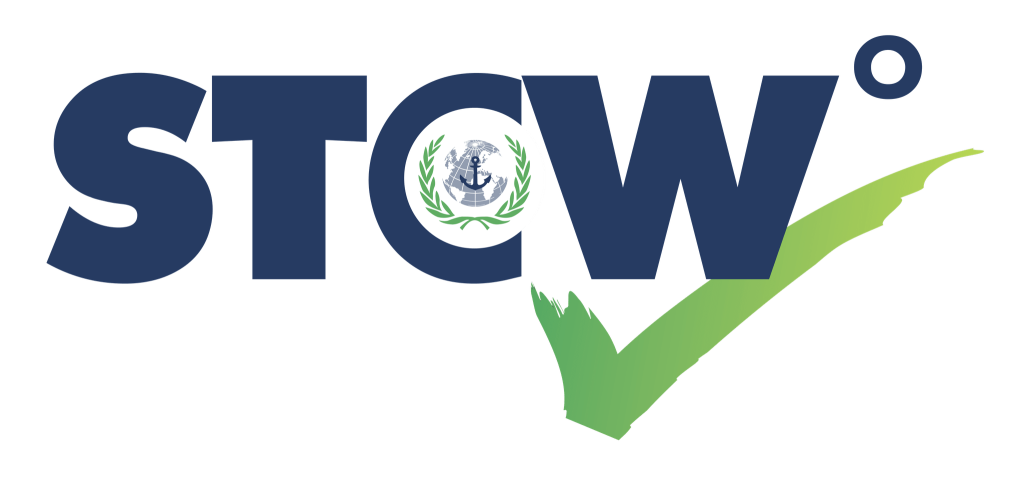STCW basic training is the minimum legal qualifications required to work on any commercial vessel at sea and that includes cruise ships. STCW sets qualification standards for personnel on seagoing merchant ships and anyone working offshore or onboard any cruise ship in the maritime industry.
The STCW was created in 1978 at the International Maritime Organization in London. It was put into practice in 1984 and was amended in 1995 and then in 2010 at the Diplomatic Conference in the Philippines. The STCW certification equips you with everything you need to know to start your career onboard cruise ships. It is valid for 5 years from completion of the course.
The level of certification and training needed is based on the type of vessel you serve and the capacity to which you serve on said vessel. Each employer might require different training depending on the position you apply for and the vessel’s flag. The most common flags for cruise ships are Panama, Bahamas, and Malta.
The STCW 2010 Basic Training course is most likely to last 12 days and includes the following course modules:
- STCW Personal survival techniques (PST) (STCW A-VI/1–1)
- STCW Fire Prevention and fire-fighting (FPFF) (STCW A-VI/1–2)
- STCW Elementary first aid (EFA) (STCW A-VI/1–3)
- STCW Personal Safety and social responsibilities (PSSR) (STCW A-VI/1–4)
Some companies require some additional courses that were added to the STCW 2010 amendments. Some of these additional courses require to be refreshes after five years but some do not. This depends on the company you work for.
These include:
- STCW Security Awareness (PSA)
- STCW Designated Duties (DSD)
- STCW Crowd Management on Passenger Ships. Includes Safety training for personnel providing direct service to passengers in passenger spaces.
- STCW Crisis Management and Human Behavior on Passenger Ships
- Ship Security Officer
